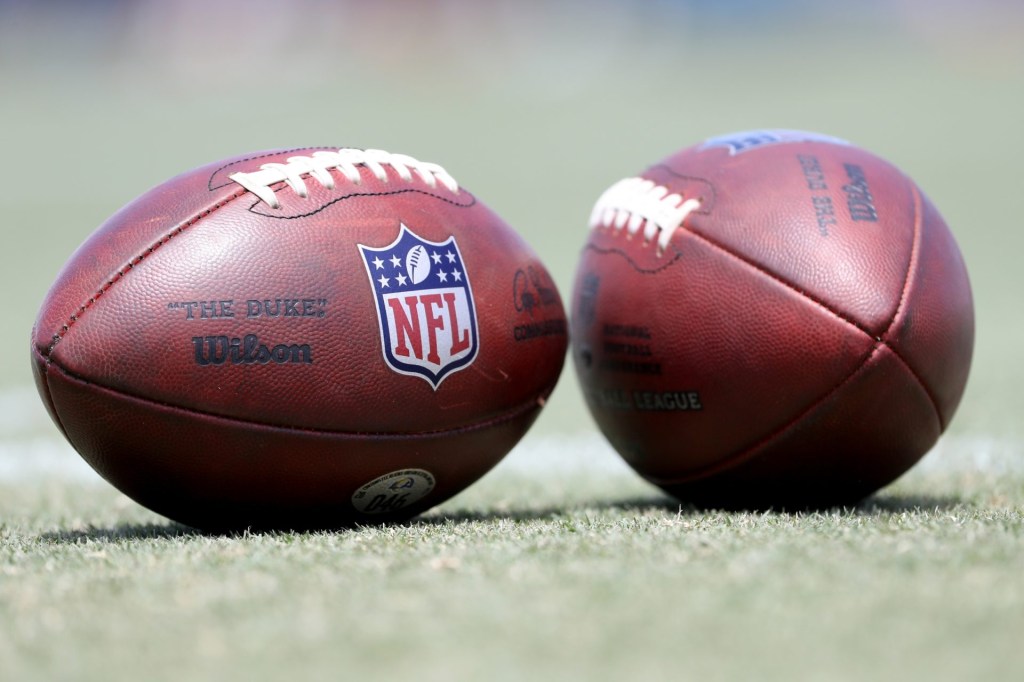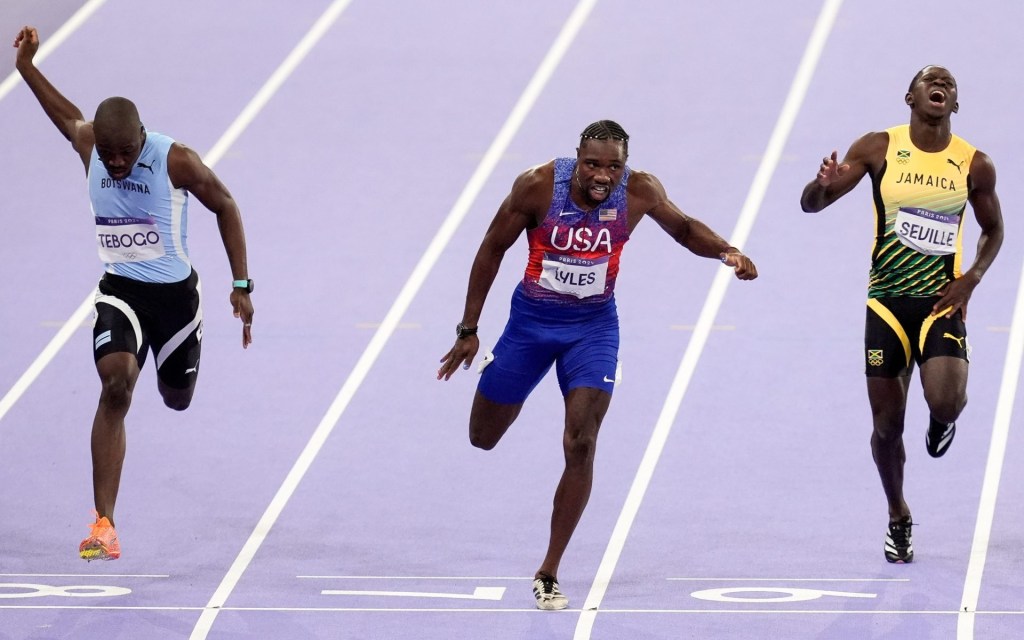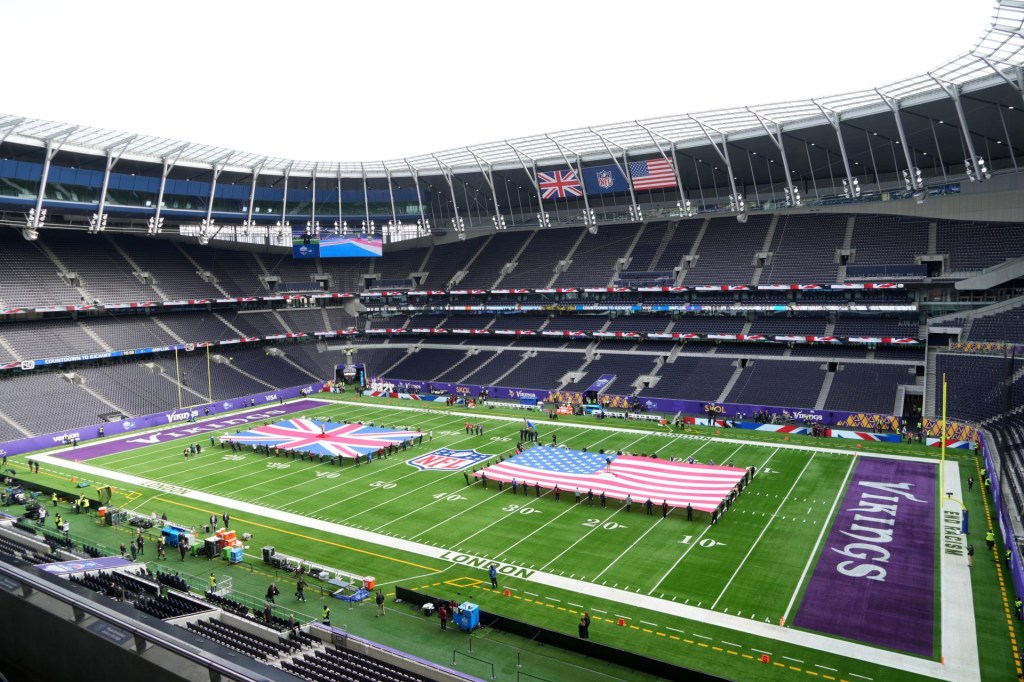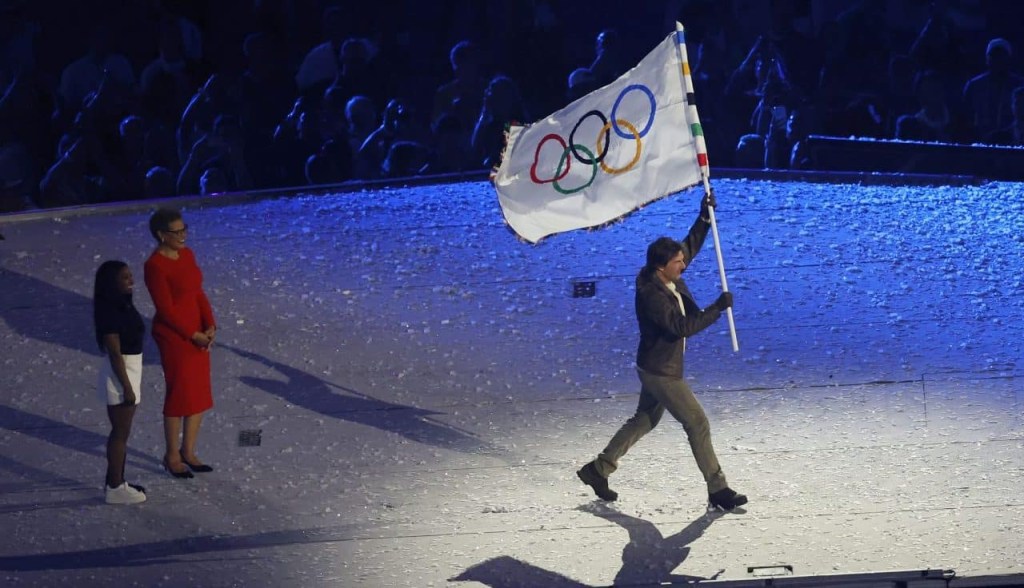Earlier this month, the NFL suspended five players for gambling-related infractions. The league stated there was no indication that the players’ behavior had affected their play, but the moment underscored a potential threat in U.S. sports that’s now much more present with the legalization of sports betting: match-fixing.
Match-fixing is the act of intentionally altering the outcome of a competition for betting purposes. In its simplest form, someone could bribe an athlete — say, a tennis player — to lose a match, and then put a large wager on that player’s opponent.
Everyone wins, except for the sportsbook or whoever was on the other side of that bet.
The issue is one that European leagues deal with regularly. Sportradar’s annual Betting Corruption and Match Fixing report found that match-fixing grew in 2022 from the previous year, with lower-division soccer and basketball being the biggest targets for corruption.
The company scans for “specific manipulations that are against all odds,” according to Sportradar’s integrity services managing director, Andreas Krannich.
- The company identified 1,212 suspicious matches in 12 different sports spanning 92 countries.
- That was an increase of 307 matches from 2021 — and the first time since Sportradar began publishing its annual report that the number surpassed 1,000.
- Soccer accounted for the largest total number of suspicious matches (775), but basketball saw the biggest increase, growing 250% year-over-year to 200.
- Those two sports also had the highest frequency of suspicious matches. Sportradar flagged one in 171 soccer games and one in 194 basketball games.
“A lot of the match-fixing occurs at lower levels for various reasons,” said Jake Williams, chief operating officer at PointsBet. A player could be tempted to accept a bribe “if it was a family that was barely getting paid or covering the costs, and someone says, ‘Hey, you’re in a tennis match, I’ll give you $10,000 [to lose on purpose].’”
As betting offerings have grown, so have the potential avenues for corruption. The hypothetical tennis player may now only have to lose one set to cash in, and could even target a specific score so that an accomplice could make a valuable bet on that specific outcome.
Betting spreads, not wins and losses, were the target of the infamous 1978-79 point-shaving scandal in which mobsters bribed Boston College players to fail to cover the spread. The scheme was memorialized in ESPN’s 2014 “30 for 30” documentary, “Playing For the Mob.”
Of course, underperformance can happen for any number of reasons, and very few of them have to do with corruption. That’s why Sportradar focuses its detection efforts on betting activity.
“The bets don’t lie,” said Krannich. There’s nothing particularly suspicious about a third-division basketball team playing poorly for one quarter — but there is if someone put a five-figure bet on that particular outcome.
The sports data company claims that they have flagged more than 8,000 matches as manipulated without a single false positive.
What About the U.S.?
The U.S. has been largely insulated from these issues.
“The U.S. is unique in that all of the sports essentially are professional and high-paying, particularly among the ones that we’re allowed to bet on,” said Williams.
Sportradar found only 24 suspicious matches in North America, compared to 630 in Europe.
Regulations differ between states, but generally they only permit betting on certain leagues. However, that list is growing: In addition to the major sports leagues, Americans in certain states can bet on the USFL, fighting sports, and esports. Even the Professional Pickleball Association inked a data and sports betting partnership with Genius Sports in 2021.
Sports betting is considered a potential revenue source for any number of small-to-medium-sized leagues. As more enter the fray, people will have more opportunities to bet on players making relatively little — which could increase the likelihood of corrupt activity.
However, bribing a player or group of players is only half the deal. Schemers still need to place and collect on their bets, and that presents added dangers, especially in the U.S.
“Probably the last place that they would go is a highly regulated sportsbook in the United States, just given the oversight and the compliance and regulatory burden,” Williams noted.
Play to Pay
On April 21, the NFL suspended the Washington Commanders’ Shaka Toney and Detroit Lions’ Stanley Berryhill III, Jameson Williams, Quintez Cephus, and C.J. Moore for violating the league’s gambling policy.
The Lions quickly released Cephus and Moore, who were more harshly punished than Willams and Berryhill III. They also fired several staff members who may also have been gambling. The NFL, unlike other major U.S. leagues, doesn’t tolerate its players or staff betting on any sport. The NBA, NHL, and MLB allow players to bet on other sports.
The league, of course, can claim no general moral stance against betting — it has multiple sports betting sponsors — but the punishments are meant as a deterrent to activity that could quickly compromise the integrity of the game.
A player betting against themselves or their team obviously compromises them, but betting corruption can quickly slip into gray areas that mimic insider trading. For instance, a team staff member might tell a friend that their quarterback has a bad cold and won’t be at full strength for the next game. Is that acceptable? What if the friend takes the staff member out for dinner with the winnings?
“There’s plenty of gray area, where it may be that a quarterback on a college team has a sore ankle that no one knows about except his doctor or his brother and sister, and then that information is used [to inform a bet],” said Williams. “Some people deem that as match-fixing, whereas others would disagree.”
Foul Play
It’s not just the players who impact a competition. Referees and umpires make countless split-second decisions that shape each game.
That point was brought to the fore in 2008, when NBA referee Tim Donaghy was sentenced to 18 months in prison for accepting thousands of dollars from professional gamblers in exchange for tips, including games he officiated. With salaries much smaller than professional athletes and the ability to lean ambiguous calls in a particular direction, referees are a potential point of vulnerability in maintaining sport integrity — and fans hardly need more encouragement to cast aspersions on officials.
Match-fixing is likely to remain minimal in the U.S. for now, but it takes very little to poison a league’s integrity. The drama in sports relies on the viewer trusting that what they see is real. Cheating eats into that feeling from one direction, and match-fixing can erode it from the other. A handful of thrown matches aren’t a huge problem on their own, but their ability to strike at the trust of fans is.
“You will never get rid of corruption in sport or corruption in society,” said Krannich, “but you can start to control it.”
Sportradar is working on using artificial intelligence to anticipate match-fixing before it happens, so that leagues could potentially prevent corrupt activity by warning players ahead of time that a contest was under special surveillance.
So far, the U.S. has largely been able to keep match-fixing out of its sports through regulations, technology, and harsh penalties. Maintaining that status quo in the new sports betting landscape will be a much greater challenge.
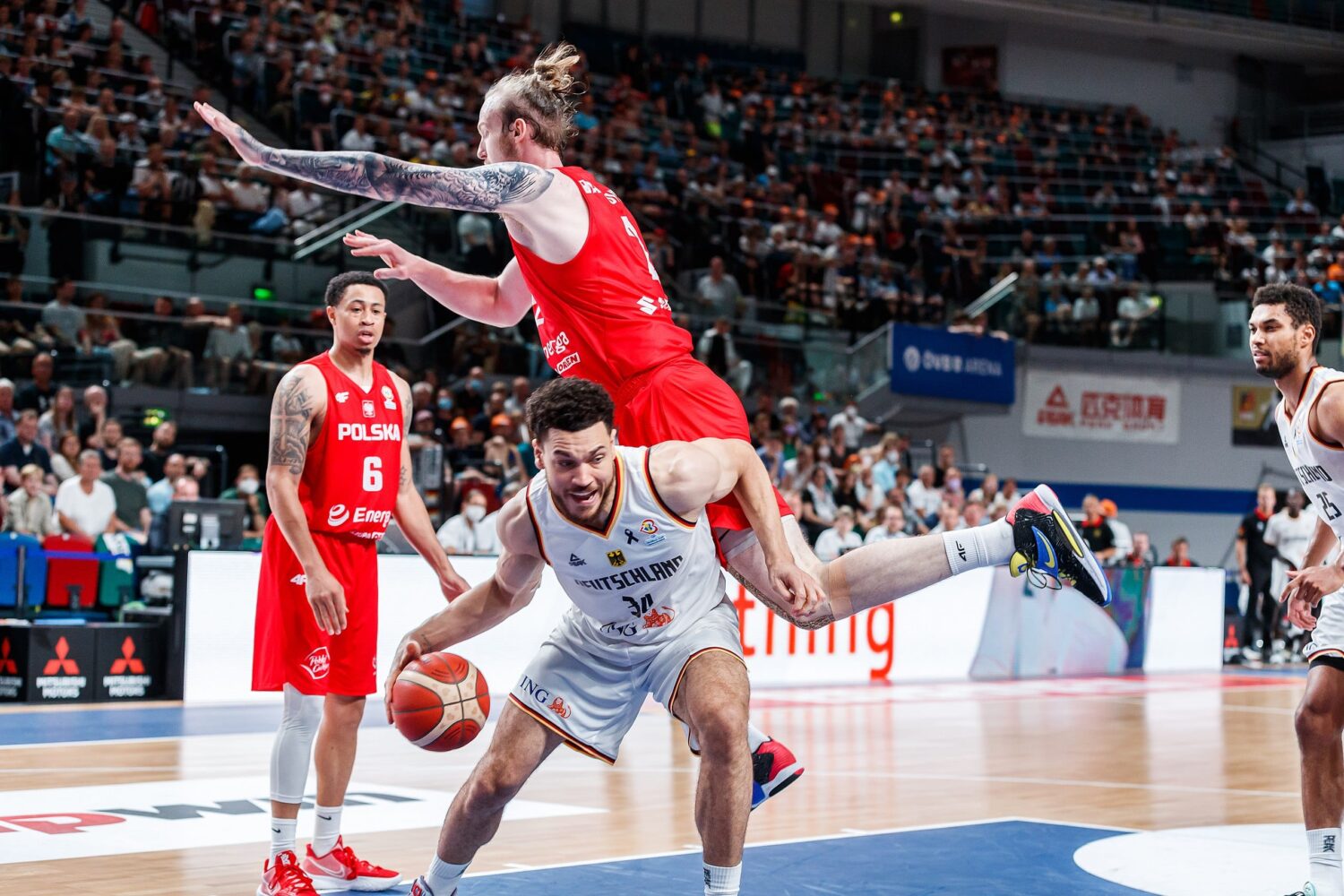
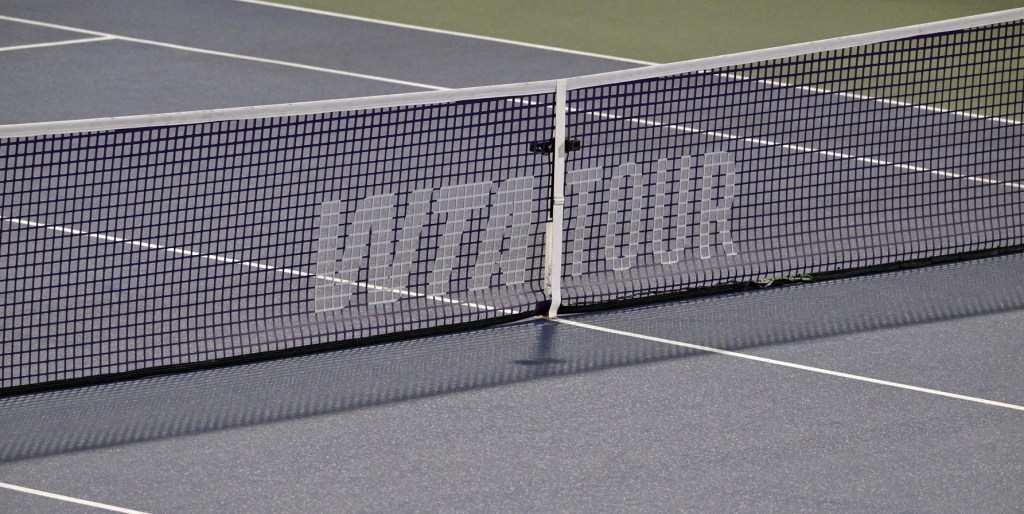


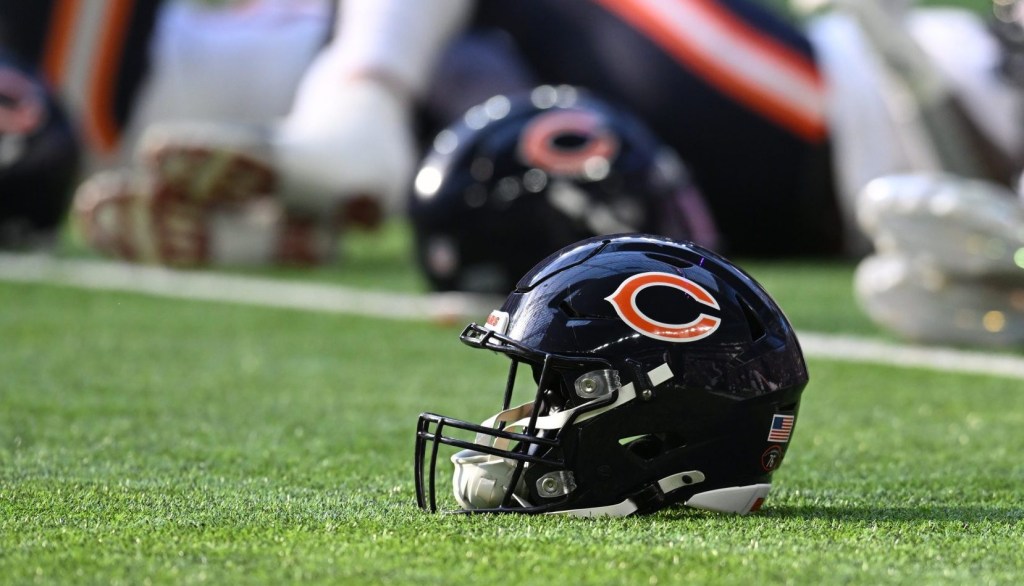
![[Subscription Customers Only] Jul 13, 2025; East Rutherford, New Jersey, USA; Chelsea FC midfielder Cole Palmer (10) celebrates winning the final of the 2025 FIFA Club World Cup at MetLife Stadium](https://frontofficesports.com/wp-content/uploads/2026/02/USATSI_26636703-scaled-e1770932227605.jpg?quality=100&w=1024)



